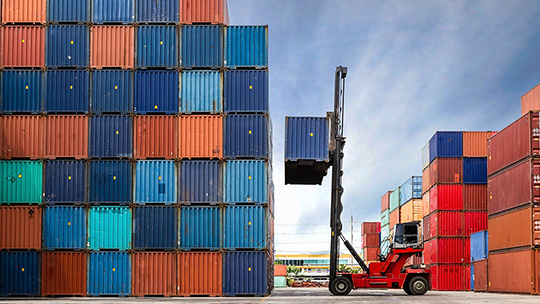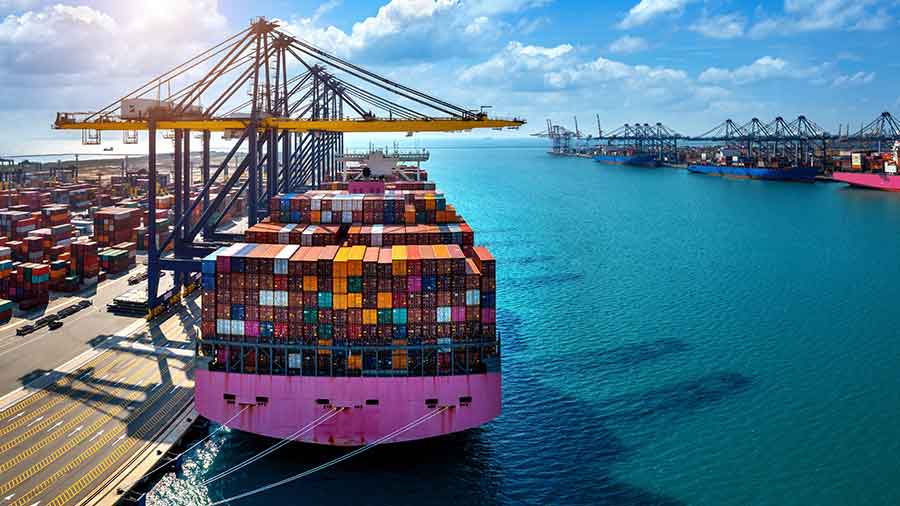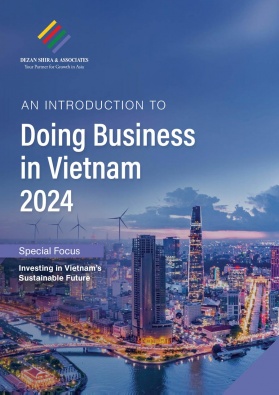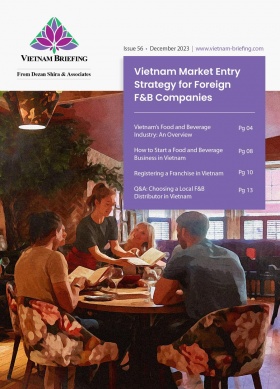Vietnam Unveils Decree 32/2024/ND-CP on the Management and Development of Industrial Clusters
Effective from May 1, 2024, Decree 32/2024/ND-CP by the Vietnam government will streamline processes and increase transparency for the management and development of industrial clusters.
On March 15, 2024, the Vietnamese government introduced the new Decree No 32/2024/ND-CP on the management and development of industrial clusters in an attempt to foster higher transparency and eliminate overlaps.
In force from May 1, 2024, the decree will cover the establishment and expansion procedures of industrial cluster areas in Vietnam, along with investment incentives and support policies for operational activities within these areas.
The new decree’s entry into force will cause the expiration of previously implemented measures, namely Decree No 68/2017/ND-CP and Decree No 66/2020/ND-CP.
Who is subject to Decree 32/2024/ND-CP
The decree expects a wide range of entities and individuals involved in multiple aspects of industrial cluster development and operations to comply with the regulation. This includes:
- Enterprises, cooperatives, and organizations investing in technical infrastructure, as well as those engaged in production and business activities within the industrial clusters; and
- Individuals and organizations related to management, investment, and operations of industrial clusters.
Key benefits of the Decree
Under Decree 32/2024/ND-CP, several favorable policies and support measures for the development of industrial clusters have been outlined, including investment incentives for clusters located in socioeconomically challenged areas. Entities undertaking the construction of technical infrastructure for industrial clusters are also eligible for this type of support.
This entails the allocation of funds from local and central budgets to aid various development activities. In particular, the local budget will finance activities undertaken by local authorities, including investment promotion, surveys, proposal evaluation, and support for setting up investment projects. Meanwhile, the central budget will be focused on initiatives led by the Ministry of Industry and Trade, such as research, database maintenance, and investment promotion.
Additionally, the government will offer financial support of up to 30 percent of the total investment capital for technical infrastructure clusters, thereby easing the financial burden on businesses involved in the development process.
Eligibility criteria for setting up and expanding industrial clusters
Specific conditions for the establishment of an industrial cluster must be followed:
- The industrial cluster must be included in the list of industrial clusters approved by relevant authorities.
- There must be enough land available for the cluster, consistent with the district-level use planning.
- An entity with legal status and financial capability must be willing to invest in constructing the necessary technical infrastructure for the cluster.
- For clusters established in district-level areas, either the average occupancy rate reaches 50 percent or the total unleased land in the cluster must not exceed 100 hectares.
In the case of expansion of existing industrial clusters, the decree presents the following conditions:
- The total area of the industrial cluster after expansion should not exceed 75 hectares.
- There must be enough land available for the cluster, consistent with the district-level use planning.
- There must be an entity with legal status and capacity that is willing to invest in the construction of technical infrastructure for the cluster.
- The occupancy rate of the cluster must reach 60 percent, or there must be a demand for renting industrial land that exceeds the existing land area of the cluster.
- Essential shared technical infrastructure, such as internal roads, water supply, and wastewater treatment, must be completed according to the approved detailed planning.
Procedures for establishing and expanding industrial clusters
The establishment and expansion of industrial clusters involves a series of procedural steps aimed at ensuring efficiency, compliance, and transparency.
Initially, relevant documents for applications are submitted to district People’s Committees, which upon approval, will be forwarded to the Department of Industry and Trade. Subsequently, the latter will make the final suggestion to the Provincial People’s Committee, which renders the final judgment on the application.
The approval process typically takes around two months. These procedures are designated to streamline the establishment or expansion of industrial clusters while upholding legal standards and fostering transparency in decision-making processes.
Takeaway
With the prospect of reaching industrial and technological development targets set for the year 2030, Vietnam has stepped up its efforts in recent years to push the creation of globally competitive industrial clusters.
Decree 32/2024/ND-CP marks a significant stride in this direction by introducing mechanisms to entice business investment in infrastructure and address the spatial requirements essential for sustainable business operations. The lack of these conditions had previously obstructed successful industrial cluster expansion, causing provincial planning to remain sluggish.
Looking ahead, it is expected that the government will continue to roll out policies and measures aimed at fostering the further development of industrial clusters for sustainable growth, including the establishment of clear criteria and methods for the evaluation of industrial clusters’ performances.
About Us
Vietnam Briefing is published by Asia Briefing, a subsidiary of Dezan Shira & Associates. We produce material for foreign investors throughout Asia, including ASEAN, China, and India. For editorial matters, contact us here and for a complimentary subscription to our products, please click here. For assistance with investments into Vietnam, please contact us at vietnam@dezshira.com or visit us at www.dezshira.com.
Dezan Shira & Associates assists foreign investors throughout Asia from offices across the world, including in Hanoi, Ho Chi Minh City, and Da Nang. We also maintain offices or have alliance partners assisting foreign investors in China, Hong Kong SAR, Dubai (UAE), Indonesia, Singapore, Philippines, Malaysia, Thailand, Bangladesh, Italy, Germany, the United States, and Australia.
- Previous Article Vietnam Issues Draft Decree Regulating Foreign Telecom Service Providers
- Next Article Domestic EV Major VinFast Gets Ambitious with New India Factory
































